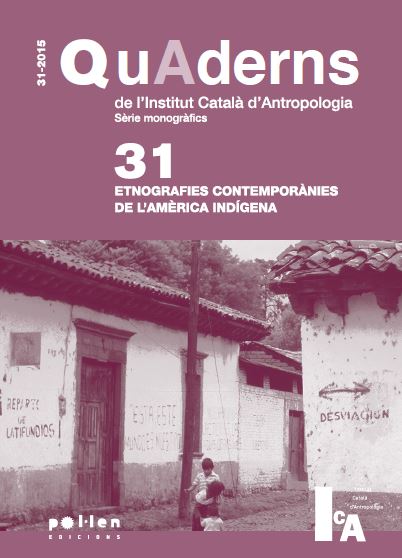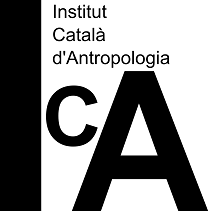Turismo rural comunitario, género y desarrollo en comunidades campesinas e indígenas del sur del Perú
Keywords:
rural tourism, communitarian rural tourism, gender, development, Latin America, Peru, indigenous groupsAbstract
The aim of this paper is to contribute to the debate on the potential of tourism as a strategy for improving gender equity and the empowerment of indigenous rural women in Latin America. We present some of the results of an ethnographic research project conducted in four communitarian rural tourism associations located in Quechua peasant communities in the regions of Cuzco and Puno in southern Peru. To what extent does participation in these projects contribute to questioning the roles traditionally ascribed to women? Our conclusion is that, although women’s participation in these projects contributes to the diversification of household income, it has not altered the traditional gender division of labor. The factors that better explain the success or failure of these enterprises are improved connections with urban centers, the higher educational level of the younger generation, their presence within the tourist circuits of southern Peru, and their greater ease in dealings with foreigners. Finally, the lack of a gender focus in the projects analyzed is crucial for explaining their low effect on gender equity and the empowerment of women.
Downloads
Global Statistics ℹ️
|
263
Views
|
251
Downloads
|
|
514
Total
|
|
Downloads
Published
How to Cite
Issue
Section
License
Distributed under the terms of the Creative Commons Attribution 4.0 International Use and Distribution License (CC BY-NC-SA 4.0)




